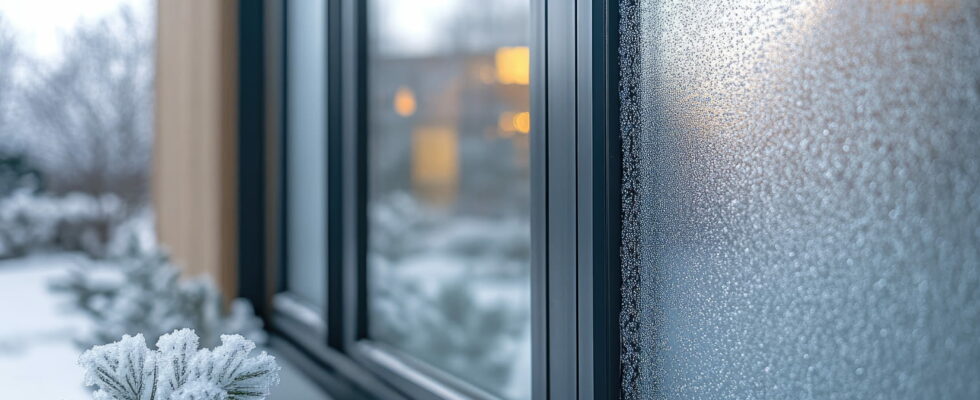The cold is coming! To avoid problems with frozen pipes in winter, here are some simple things to do now.
As winter sets in and temperatures gradually drop in France, the risk of damage caused by the cold in our homes increases. Whether it’s broken radiators, boiler problems, or frozen pipes, now is the time to anticipate to avoid unforeseen events this winter. A few quick and simple actions can avoid costly repairs.
When the water in the pipes freezes, it expands, increasing the pressure on the pipes. This can lead to cracks or breaks, and once the ice melts, major leaks or flooding can occur. This damage is not only expensive to repair, but it can also cause structural damage to your home. “Frozen pipes, for example, can cause leaks well after the cold snap has ended,” explains Jeremy Dague, building expert at Travaux.com. Hence the importance of taking simple preventative measures before temperatures drop below freezing.

The expert gives us his advice for having a peaceful winter. To avoid significant damage, “it’s better to be prepared” he explains to us, “a few simple actions to carry out at the last minute” are enough “to avoid unpleasant surprises”.
Among the actions not to be forgotten: regular servicing of the boiler. No one wants to have a broken boiler in the middle of winter. The risks go beyond no longer having heating. This can also damage your pipes during periods of frost, “which can burst if the water they contain freezes” explains the expert.
It is also important to protect outdoor faucets and exposed pipes to prevent them from freezing when temperatures drop to below zero. Start by bleeding exterior pipes. To do this, disconnect the garden hoses, empty them and store them under cover for the winter if this has not already been done. Turn off outdoor faucets and drain pipes to prevent standing water from freezing. Then, to protect the exterior faucets, it’s very simple, you just need to install an insulating cover. You can also install an insulating cover for an outdoor faucet? You will easily find them in DIY stores or on Amazon for around fifteen euros.
Pipes located in unheated spaces (garage, basement, attic or exterior walls) are particularly vulnerable, they must also be protected. Wrap them with specially designed insulation or heat tape to prevent freezing.
Concerning the heating, it is important not to turn it off completely when you are away, especially in periods of extreme cold. It is generally recommended to maintain a temperature between 12 and 15 degrees. This will help protect pipes located inside walls or in poorly insulated spaces.
